Chale Wote Street Art Festival 2024 launched in Accra with a powerful start, marked by the ‘Day of ReMembering’ procession on August 19. The festival, themed “And Now An End To The Empire Of Horrors,” runs until August 25 at Christianborg Castle, Independence Square and Black Star Gate.
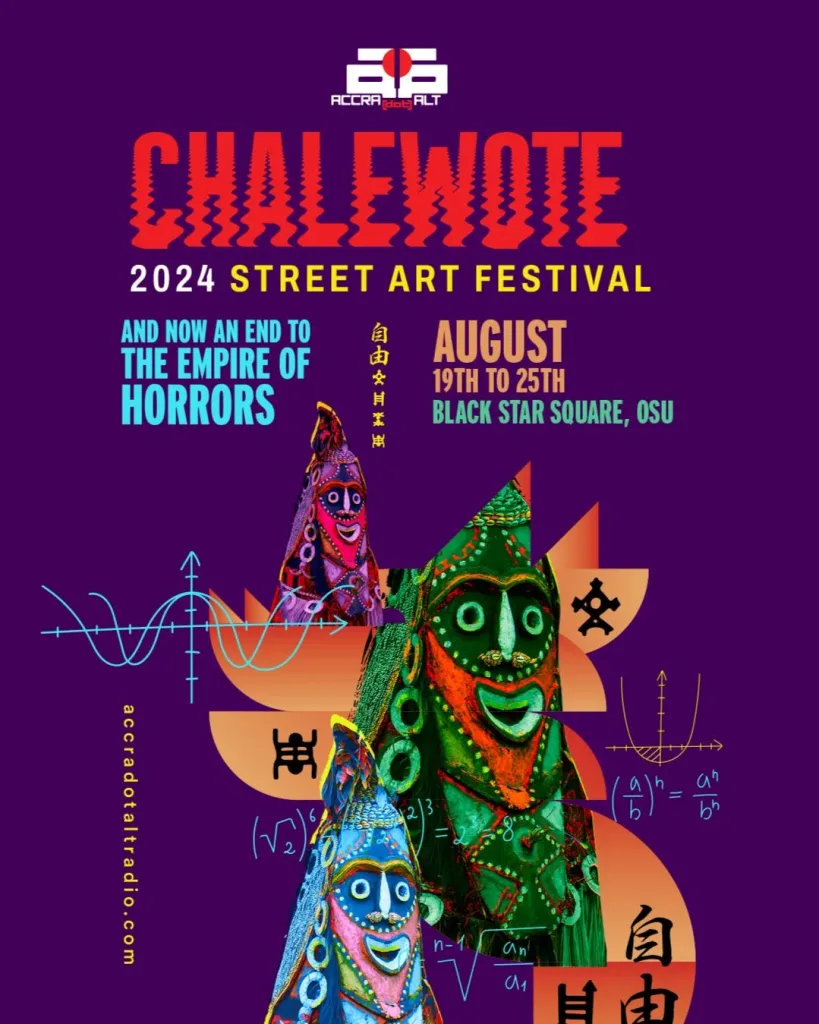
This year’s theme taps into the deep historical currents of the Gulf of Guinea, drawing upon the myths and stories of both mortal and divine beings. These narratives serve as a lens through which the festival confronts the enduring legacies of colonialism, presenting a rich tapestry of resistance and resilience.
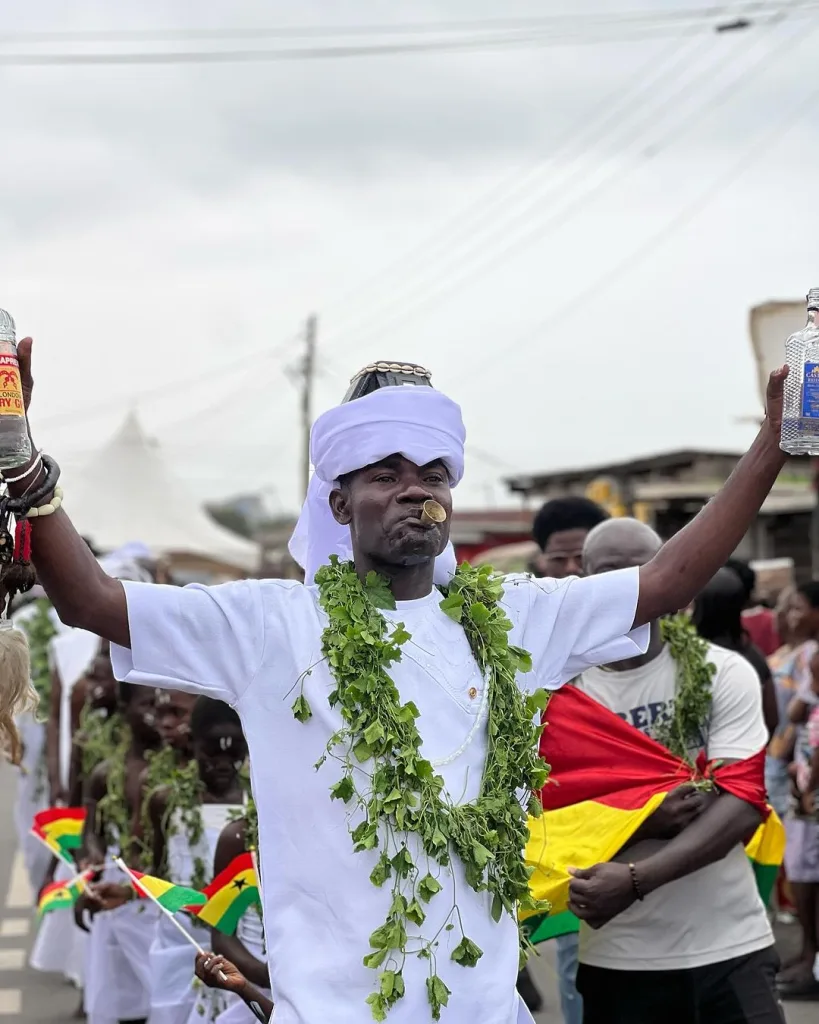
Celebrating its 14th edition, Chale Wote has grown into a major cultural event that brings together a diverse array of artists, musicians, dancers, and also performers from across Ghana and the globe. James Town, one of Accra’s most storied neighbourhoods, becomes the festival’s canvas—a vibrant stage where tradition and contemporary art intersect.
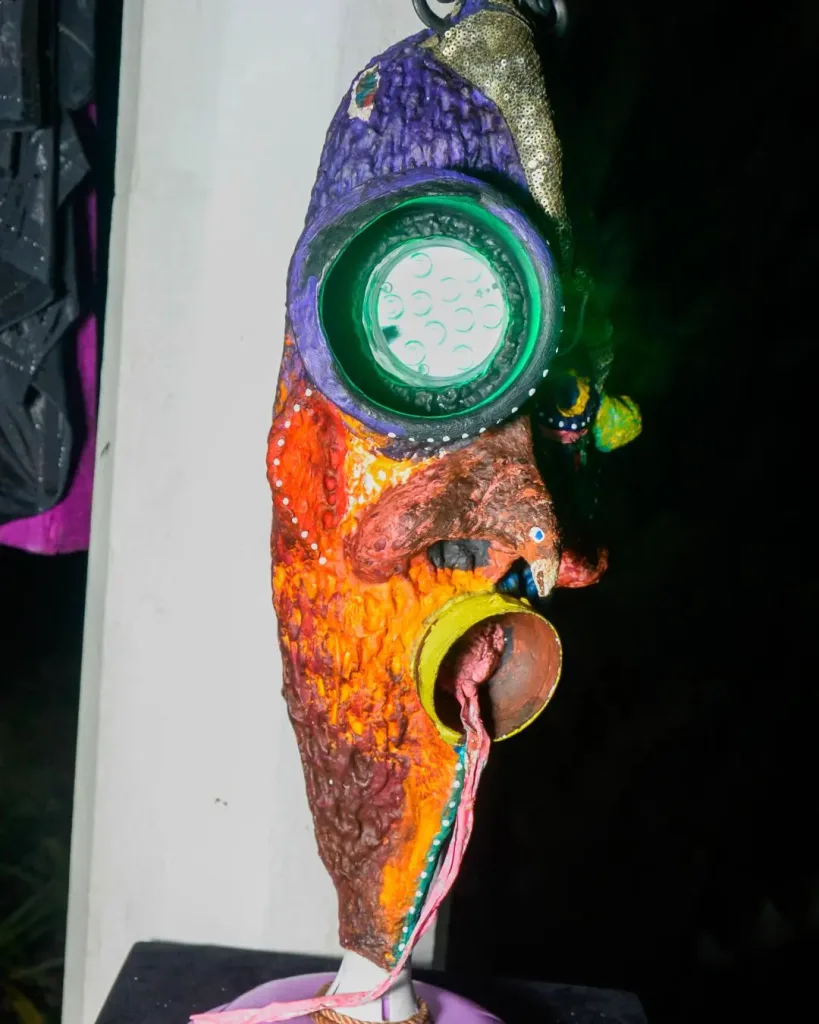
The 2024 festival engages with the complex history of the region, tracing its origins, decline, and the reawakening of its sacred traditions. Through a mix of street art, performances, and installations, Chale Wote challenges dominant historical narratives, also offering fresh perspectives on the region’s cultural rebirth.
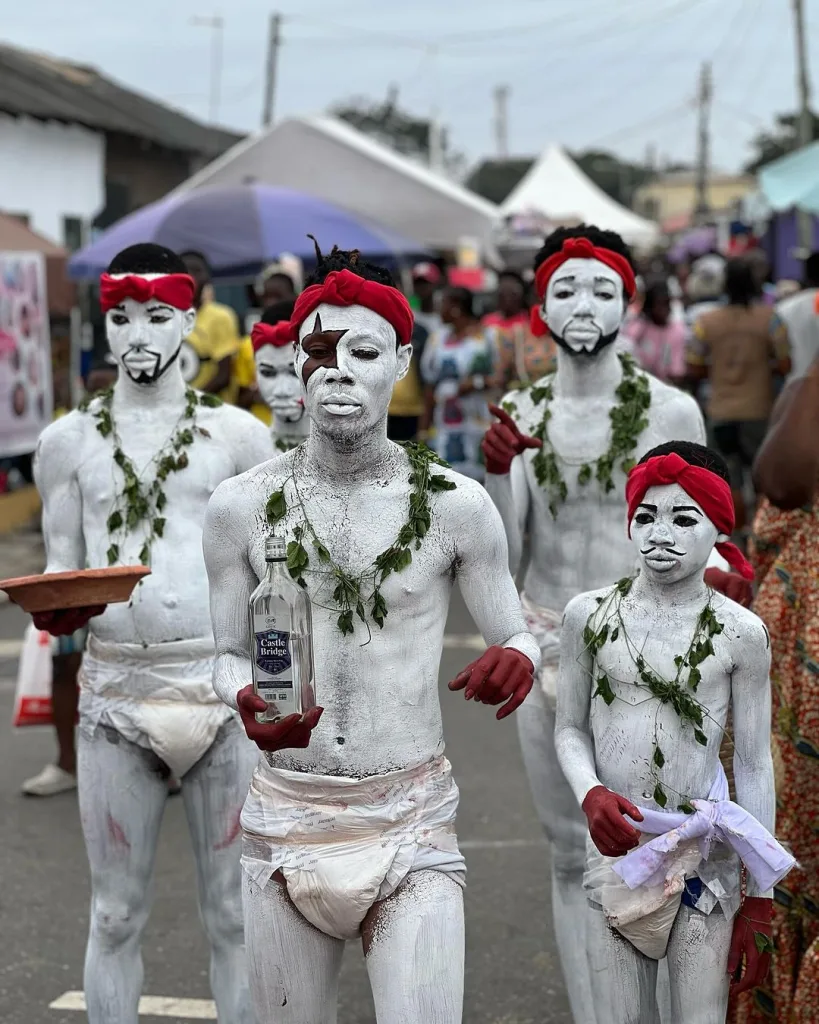
The ‘Day of ReMembering’ procession was a powerful blend of ritual and statement. As artists and participants, clad in symbolic white, moved through Osu’s streets, they turned the space into a living artwork, directly engaging with social and cultural issues. This event fostered deep connections with the community, sparking fresh creative energies and inspiring artists to push their boundaries.
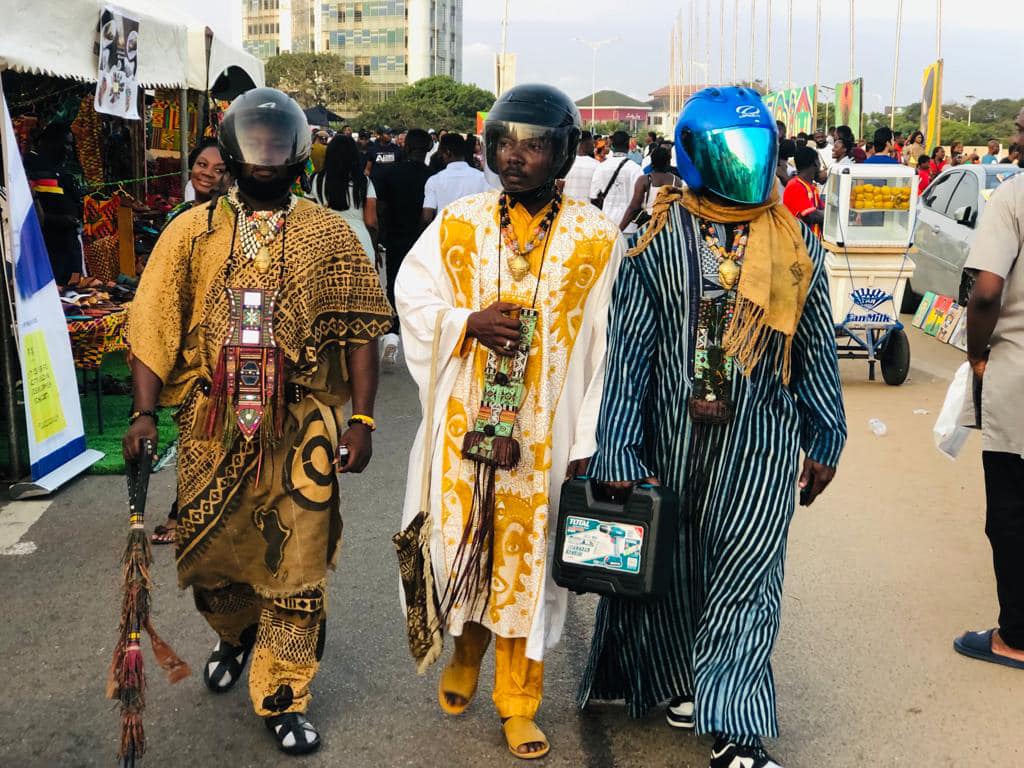
Since its inception in 2011, the Chale Wote Street Art Festival has redefined public art in West Africa. By transforming James Town’s streets into open-air galleries, the festival has not only broadened the scope of artistic expression but also democratized access to art. With over 100,000 attendees and 200 artists participating annually, Chale Wote has become a cornerstone of West Africa’s cultural calendar, and this year’s edition promises to further cement its reputation as a beacon of creativity and cultural dialogue.


